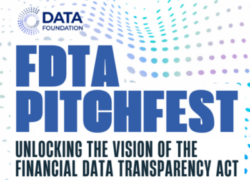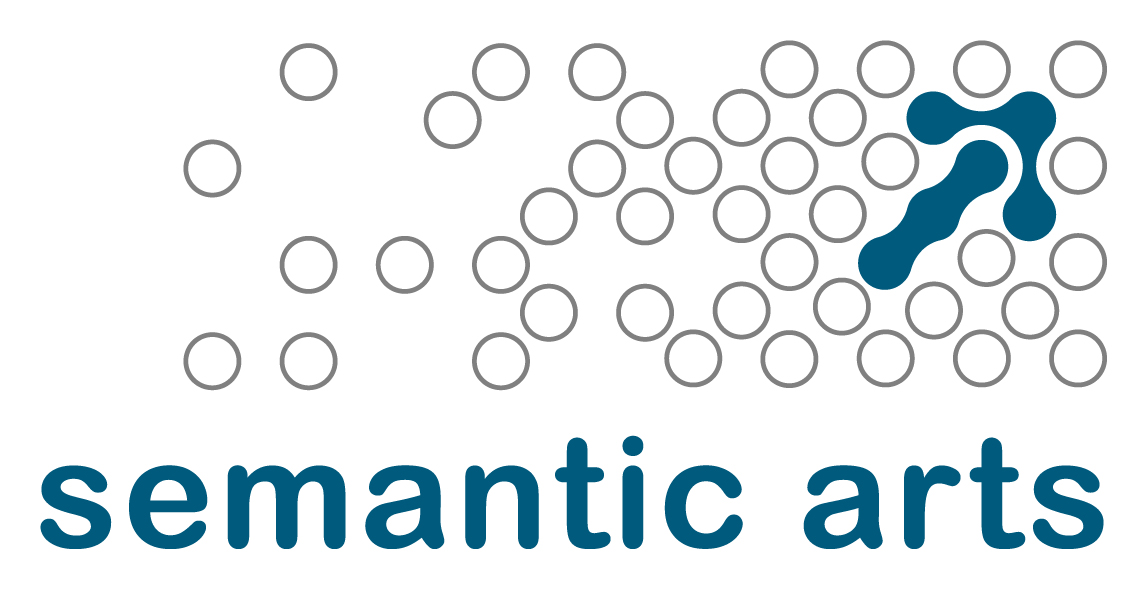Todd Schneider and Ali Hashemi came up with this in the Ontology Forum email today:
Every person, organization or system has an ontology – the things presumed to exist in the world and how they behave. Interactions with the world are based on these internal ontologies. Indeed, these ontologies pervade and underpin our deliberations, inform our decisions and guide our actions. In large socio-technical systems, such as companies or organizations, each person, each technological artefact and system carries with it a view of the world relevant to its responsibilities in this context. Operations and interactions in such environments entails reconciling and streamlining these multiple sometimes conflicting and often tacit ontologies. Growing complexity and a need for smarter use of resources and solutions that cut across silos, means that it has become ever important to make explicit these implicit ontologies thereby easing interoperability and improving operational effectiveness. Concurrently, advances in computing, networking technologies and the Internet means that it is possible to effectively use ontologies to address the increasing array of socio-technical problems. Moreover, in recent years, we have witnessed the increased maturation and transition of ontology from academia to industry and government. The time is ripe to know what you know and share it with others.
I’m really digging this. We’re all bumbling along with our own internal mental models, and until we accidentally discover a misalignment we’re contented. And because computer applications also have internal (and often not well documented) mental models, we occasionally bump up against them. And ontologies are really just a forcing function. A way of making you be clear about the distinctions you make in a way that others will have difficulty glossing over.



